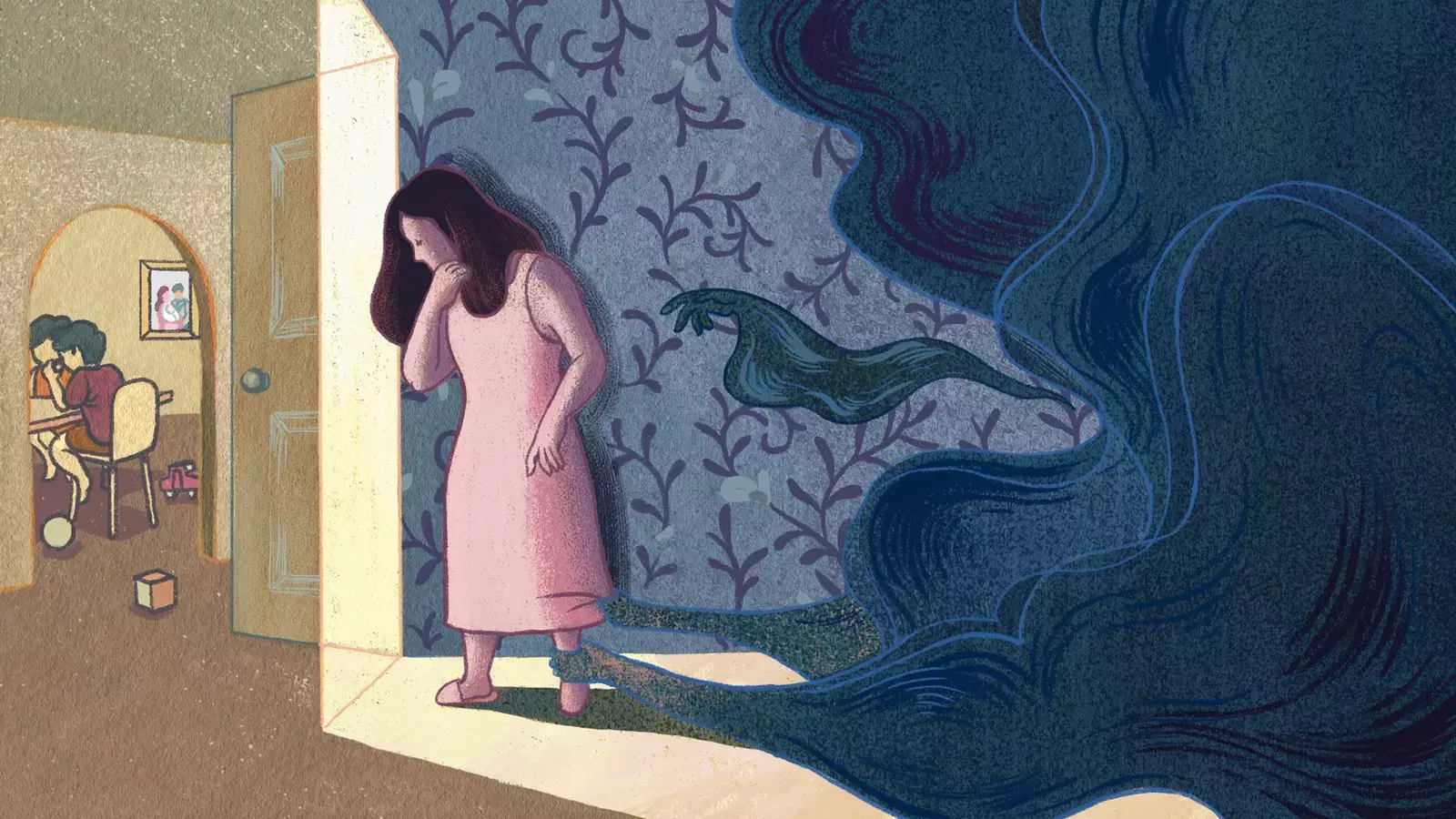- Home
- Medical news & Guidelines
- Anesthesiology
- Cardiology and CTVS
- Critical Care
- Dentistry
- Dermatology
- Diabetes and Endocrinology
- ENT
- Gastroenterology
- Medicine
- Nephrology
- Neurology
- Obstretics-Gynaecology
- Oncology
- Ophthalmology
- Orthopaedics
- Pediatrics-Neonatology
- Psychiatry
- Pulmonology
- Radiology
- Surgery
- Urology
- Laboratory Medicine
- Diet
- Nursing
- Paramedical
- Physiotherapy
- Health news
- Fact Check
- Bone Health Fact Check
- Brain Health Fact Check
- Cancer Related Fact Check
- Child Care Fact Check
- Dental and oral health fact check
- Diabetes and metabolic health fact check
- Diet and Nutrition Fact Check
- Eye and ENT Care Fact Check
- Fitness fact check
- Gut health fact check
- Heart health fact check
- Kidney health fact check
- Medical education fact check
- Men's health fact check
- Respiratory fact check
- Skin and hair care fact check
- Vaccine and Immunization fact check
- Women's health fact check
- AYUSH
- State News
- Andaman and Nicobar Islands
- Andhra Pradesh
- Arunachal Pradesh
- Assam
- Bihar
- Chandigarh
- Chattisgarh
- Dadra and Nagar Haveli
- Daman and Diu
- Delhi
- Goa
- Gujarat
- Haryana
- Himachal Pradesh
- Jammu & Kashmir
- Jharkhand
- Karnataka
- Kerala
- Ladakh
- Lakshadweep
- Madhya Pradesh
- Maharashtra
- Manipur
- Meghalaya
- Mizoram
- Nagaland
- Odisha
- Puducherry
- Punjab
- Rajasthan
- Sikkim
- Tamil Nadu
- Telangana
- Tripura
- Uttar Pradesh
- Uttrakhand
- West Bengal
- Medical Education
- Industry
Childhood trauma tied with perinatal depression: Study

Childhood trauma is significantly associated with a depressive episodes during the perinatal period, according to a study published in The Journal of Clinical Psychiatry.
Childhood trauma (CT) is associated with an increased risk of major depressive disorder, but little is known about the impact of CT on depression during pregnancy and the early and late postpartum period.
A study was conducted by Tebeka S et. al to assesses whether CT is associated with perinatal depression, considering different types of CT.
This study used data from the Interaction of Gene and Environment of Depression in PostPartum (IGEDEPP), a French multicenter prospective cohort study, including 3,252 women who completed the Childhood Trauma Questionnaire at the maternity department between November 2011 and June 2016. Depression during pregnancy was assessed retrospectively at the maternity department using DSM-5 criteria. Early- and late-onset postpartum depression were assessed at 2 months and 1 year postpartum, respectively.
The results of the study are as follows:
· Among the 3,252 women, 298 (9.2%) reported at least 1 CT.
· Women with CT had a higher risk of depression, anxiety, and suicide attempts than women without CT.
· Perinatal depression was more frequent in women with CT than in women without CT, after adjustment for sociodemographic characteristics and personal history of major depressive episode and consideration of the timing of onset (pregnancy, early or late postpartum)
· There was a dose-effect between the number of CT types and the risk of perinatal depression.
Thus, the researchers concluded that these results show that CT is associated with a depressive episode during adulthood, specifically in the perinatal period. These findings may lead to special prenatal care for women abused or neglected during childhood, to better screen and treat perinatal depression.
Reference:
Childhood Trauma and Perinatal Depression: Data From the IGEDEPP Cohort by Tebeka S et. al published in The Journal Of Clinical Psychiatry
doi:10.4088/JCP.20m13664.
Dr. Shravani Dali has completed her BDS from Pravara institute of medical sciences, loni. Following which she extensively worked in the healthcare sector for 2+ years. She has been actively involved in writing blogs in field of health and wellness. Currently she is pursuing her Masters of public health-health administration from Tata institute of social sciences. She can be contacted at editorial@medicaldialogues.in.
Dr Kamal Kant Kohli-MBBS, DTCD- a chest specialist with more than 30 years of practice and a flair for writing clinical articles, Dr Kamal Kant Kohli joined Medical Dialogues as a Chief Editor of Medical News. Besides writing articles, as an editor, he proofreads and verifies all the medical content published on Medical Dialogues including those coming from journals, studies,medical conferences,guidelines etc. Email: drkohli@medicaldialogues.in. Contact no. 011-43720751


